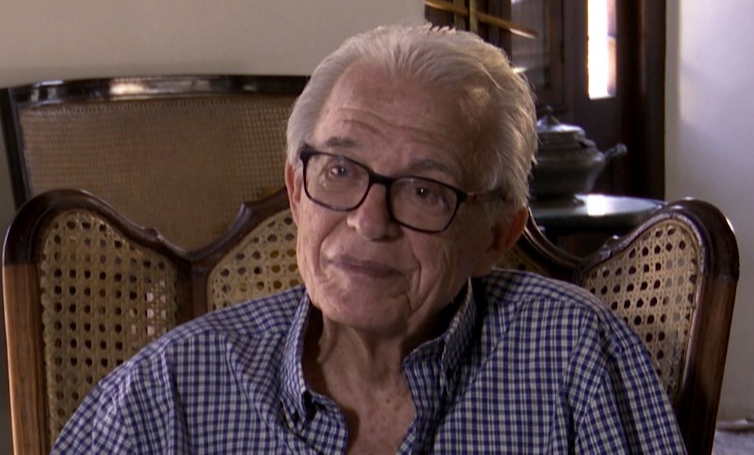
Photo: Prensa Latina
Havana, May 21 (RHC)-- Renowned Cuban poet, storyteller and playwright Anton Arrufat, winner of the National Literature Prize (2000), died at the age of 88, the Ministry of Culture announced today.
Born in the eastern city of Santiago de Cuba on August 14, 1935, his family moved to Havana in 1947, when he was 11 years old, where he graduated in Philology.
From an early age he was interested in literature and theater. His theatrical piece El caso se investiga, premiered in 1957, became a milestone, joining for the first time in the national scene the European avant-garde heritage with the vernacular.
During this period he published reviews, plays, stories and poems in the magazine Ciclón. In 1962 his first book appeared, En claro, where his adolescent poems are collected.
Arrufat worked in the publication Lunes de Revolución, he also founded and directed for five years the prestigious magazine Casa de las Américas; together with a group of intellectuals he was founder of the Union of Writers and Artists of Cuba.
His plays have been translated into Polish, English and French and have been staged in the United States, Venezuela, Mexico, Puerto Rico and Poland. He has published in Europe magazine, L'Arc, Les Lettres, Quimera, Siempre, Ever green, and in almost all Cuban magazines.
For his play Los siete contra Tebas (1968) he was awarded the Theater Prize of the Union of Writers and Artists of Cuba (UNEAC).
He received a mention in Theater for El vivo al pollo and in Poetry for Repaso final in the Casa de las Américas Award, as well as the Literary Critics Award for La caja está cerrada (1984), Lirios sobre fondos de espadas (1985), La tierra permanente (1987) and La noche del aguafiestas (2000).
The outstanding Cuban writer was awarded the Alejo Carpentier medal and the distinction for Cuban Culture.
In 2003, Letras Cubanas Publishing House published his play Las tres partes del criollo, and in 2005, his book of essays El hombre discursivo (Source: Prensa Latina). (Source: Prensa Latina)

